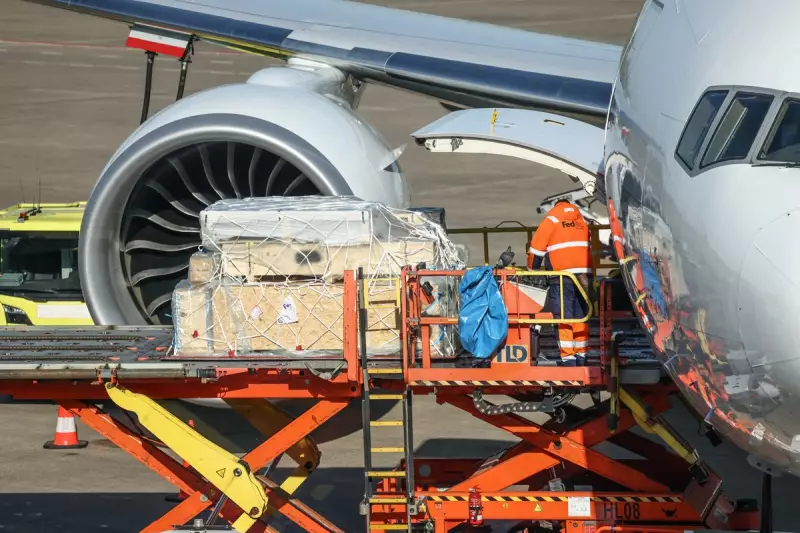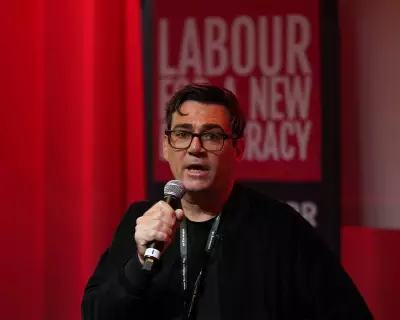
In a stark warning to Washington, a coalition of international allies has taken the unprecedented step of halting weapons shipments to the United States. This decisive action is a direct response to former President Donald Trump's threats to impose sweeping tariffs on all foreign goods if he returns to the White House.
The retaliatory measures, which signify a major fracture in longstanding defence partnerships, target the very heart of the US military supply chain. Nations involved are leveraging their positions as key suppliers of critical munitions and components to signal their refusal to be bullied on trade.
A Calculated Response to Economic Coercion
Diplomatic sources indicate that the move is not taken lightly. It is a calculated response to what these countries perceive as aggressive economic coercion. The message is clear: attempts to unilaterally impose tariffs will be met with strategic countermeasures that impact US national security interests.
The list of nations involved reads like a who's who of American defence partners, underscoring the depth of the concern over Trump's proposed trade policies. This coordination between European and other global actors reveals a unified front against potential US protectionism.
Potential Impact on US Defence Readiness
This suspension of shipments could have immediate and tangible effects on US military operations and stockpiles. The Pentagon has long relied on a global network of suppliers for everything from small-calibre ammunition to sophisticated guidance systems.
Industry analysts warn that prolonged disruption could strain logistics, delay equipment deliveries to front-line units, and ultimately increase costs for the US Department of Defence, with the taxpayer left to foot the bill.
The Broader Trade War Escalation
This standoff extends far beyond defence. It represents a potential opening salvo in a broader global trade conflict. Financial markets are watching closely, fearing that tit-for-tat measures could spiral, disrupting global supply chains and slowing international economic growth.
The situation places current President Joe Biden's administration in a difficult position, forcing it to navigate between domestic political pressures and fraying international relations.
As the world watches, this bold retaliation proves that the global community is prepared to fight fire with fire, setting the stage for a tense and uncertain chapter in international trade and diplomacy.





